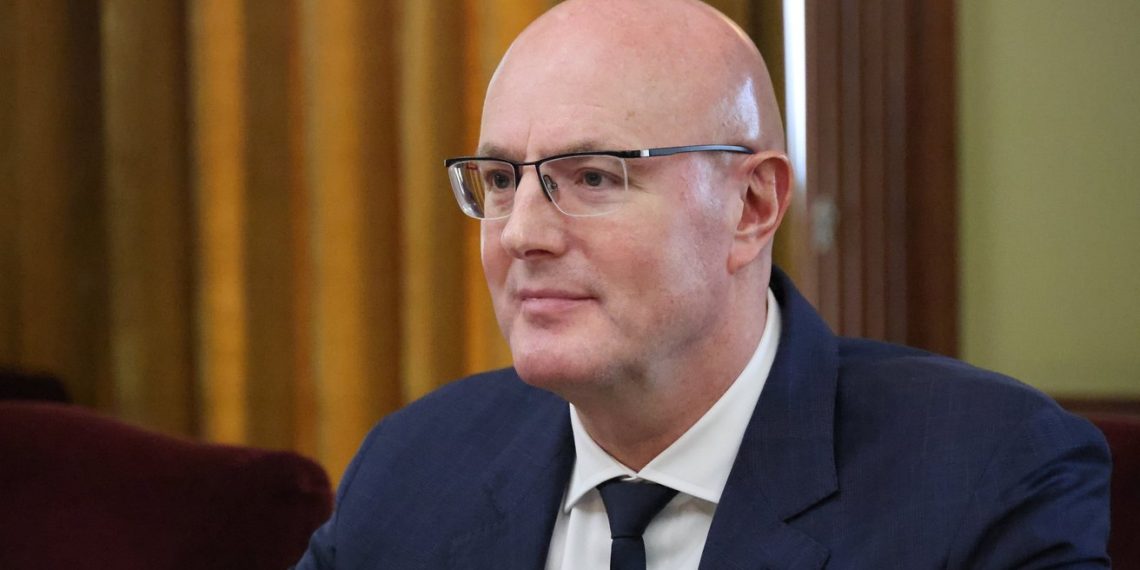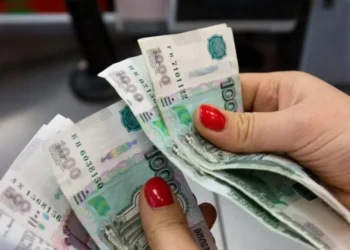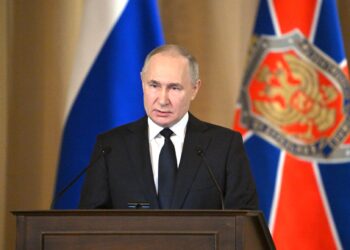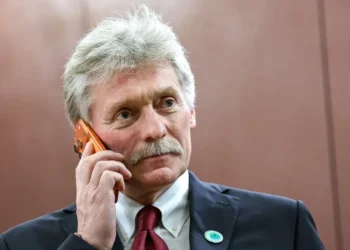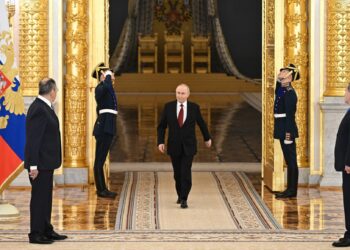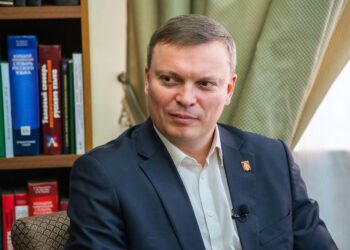MOSCOW (Realist English). Russian Deputy Prime Minister Dmitry Chernyshenko chaired a key meeting of the Commission on Scientific and Technological Development, focusing on the allocation of core and additional research funding for 2026–2028 under the state program for science and technology advancement.
Opening the session, Chernyshenko noted that Prime Minister Mikhail Mishustin had recently expanded the commission’s powers, granting it more authority over research budget management.
The proposed three-year budget reflects a continued increase in funding for scientific research, with a significant share directed toward supporting national projects and upgrading the education sector.
“Our goal, in line with President Vladimir Putin’s directives, is to raise science spending to 2% of GDP by 2030,” said Chernyshenko. “The state program includes the key instruments to achieve this, and we discussed their practical application in detail during the Prime Minister’s recent strategic session.”
According to the deputy PM, effective prioritization and accountability in budget use are essential. Much of the funding will go toward strategic national goals, including technological sovereignty, and supporting science-based contributions to major federal initiatives.
Deputy Minister of Science and Higher Education Andrey Omelchuk emphasized the government’s continued focus on the science and education sectors. “Given the current challenges, our main objective is not simply to allocate funds, but to ensure their maximum efficiency by focusing spending on the most urgent national needs.”
President of the Russian Academy of Sciences Gennady Krasnikov stressed the need to modernize the infrastructure of research institutes: “Many of our academic institutions require capital repairs and updated equipment. Investment in research infrastructure and increasing R&D funding are essential for achieving scientific and technological sovereignty.”
Chernyshenko also directed the Ministry of Science and the Ministry of Finance to develop proposals for stimulating R&D investment, including leveraging private sector participation.
The commission additionally approved the 2035 concept for scientific and technological development in the transport sector, a first-of-its-kind document developed by the Ministry of Transport following strategic guidance from Prime Minister Mishustin.
The concept outlines a national system for managing transport-related R&D and defines the field of “transport science” for the first time. It includes plans to establish nine national research centers focused on priority areas such as:
- Autonomous electric and unmanned transport
- Digitalization of transport systems
- Development of the Northern Sea Route
- Infrastructure modernization and mobility enhancement
Krasnikov noted the interdisciplinary nature of the initiative, which spans fields from mathematics and chemistry to materials science and quantum technology.
The meeting was attended by senior officials from the Ministry of Science and Higher Education, Russian Academy of Sciences, Federal Medical and Biological Agency, regional authorities, and sectoral experts responsible for scientific and technological development across Russia.


